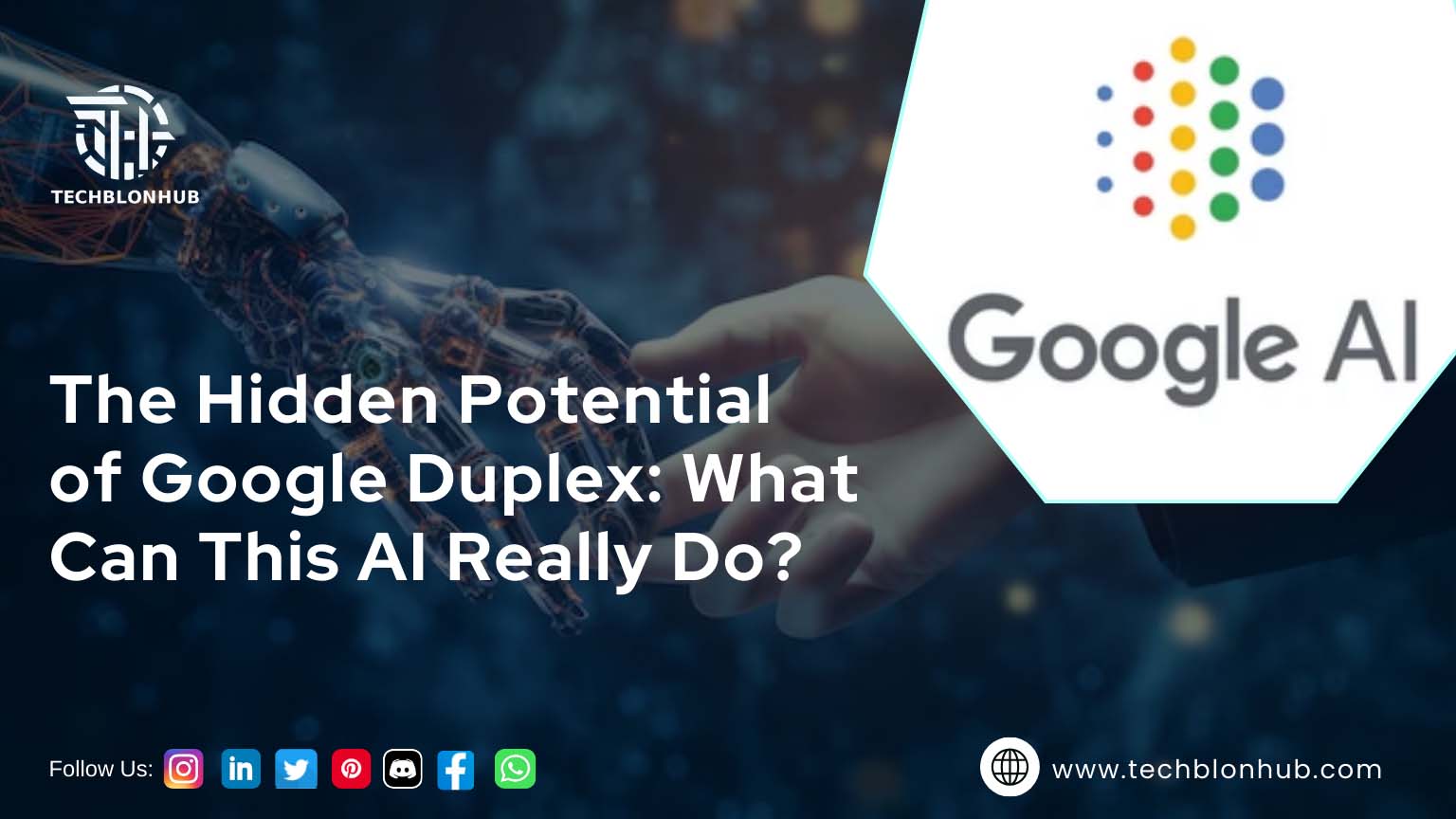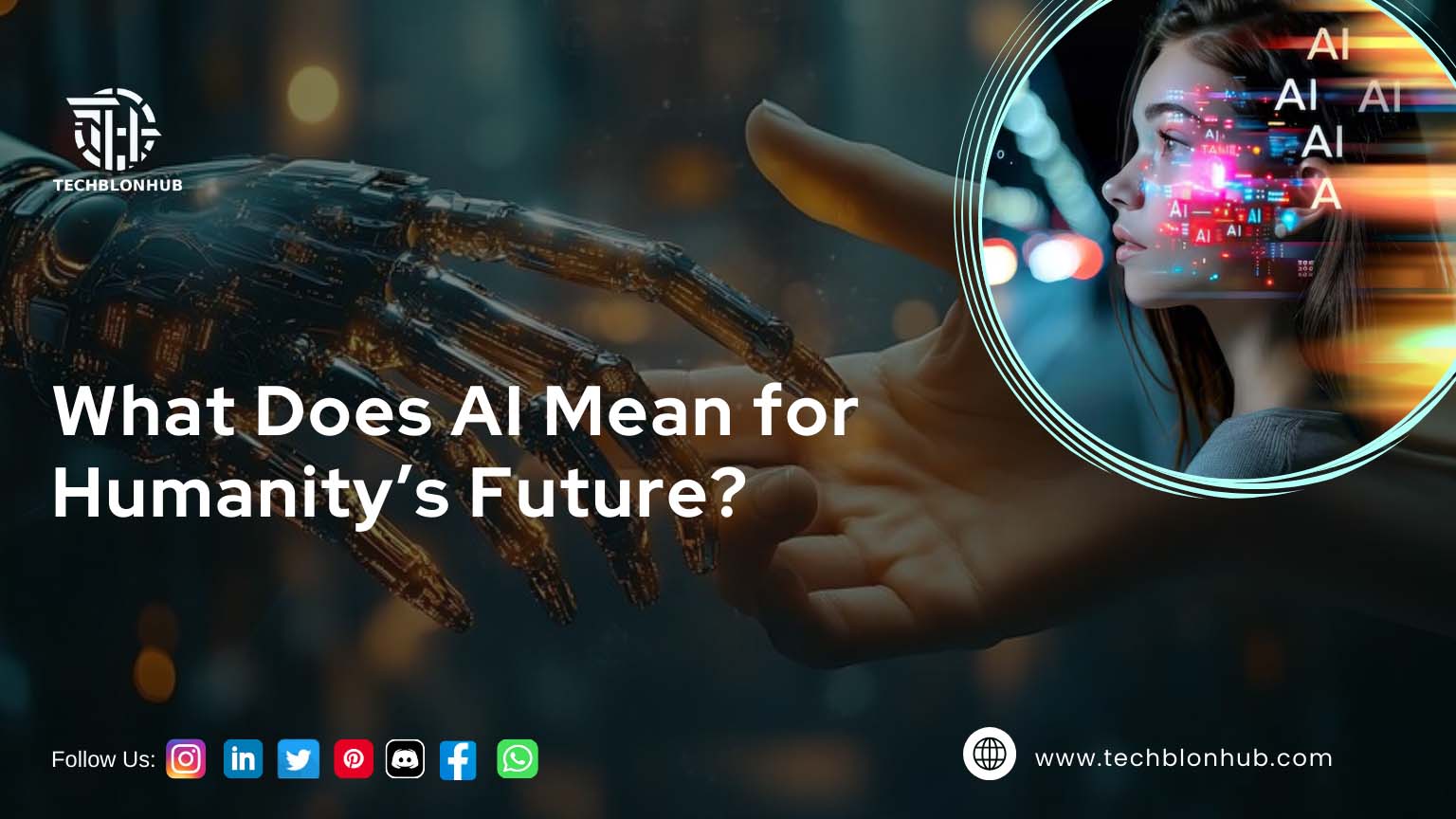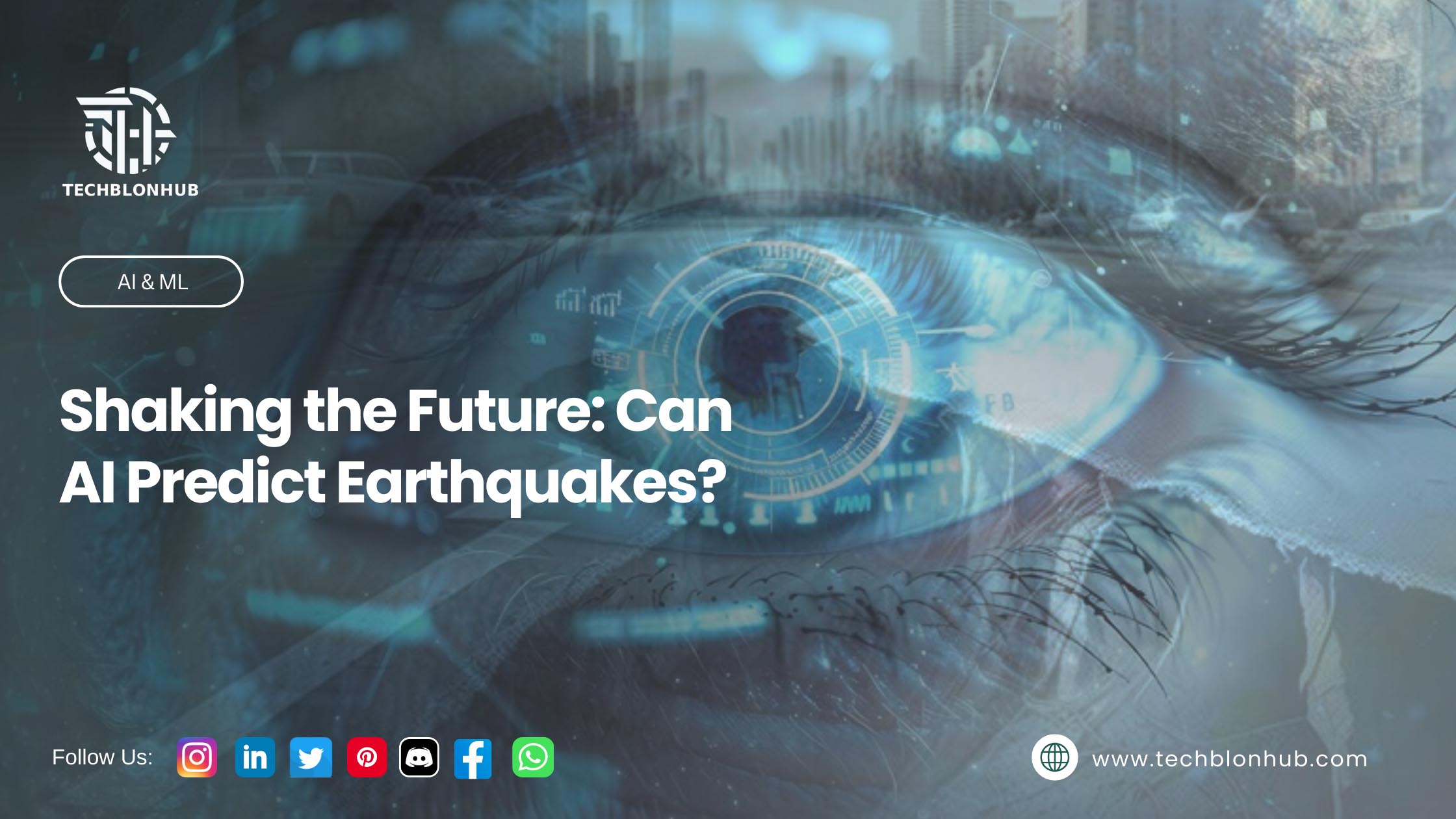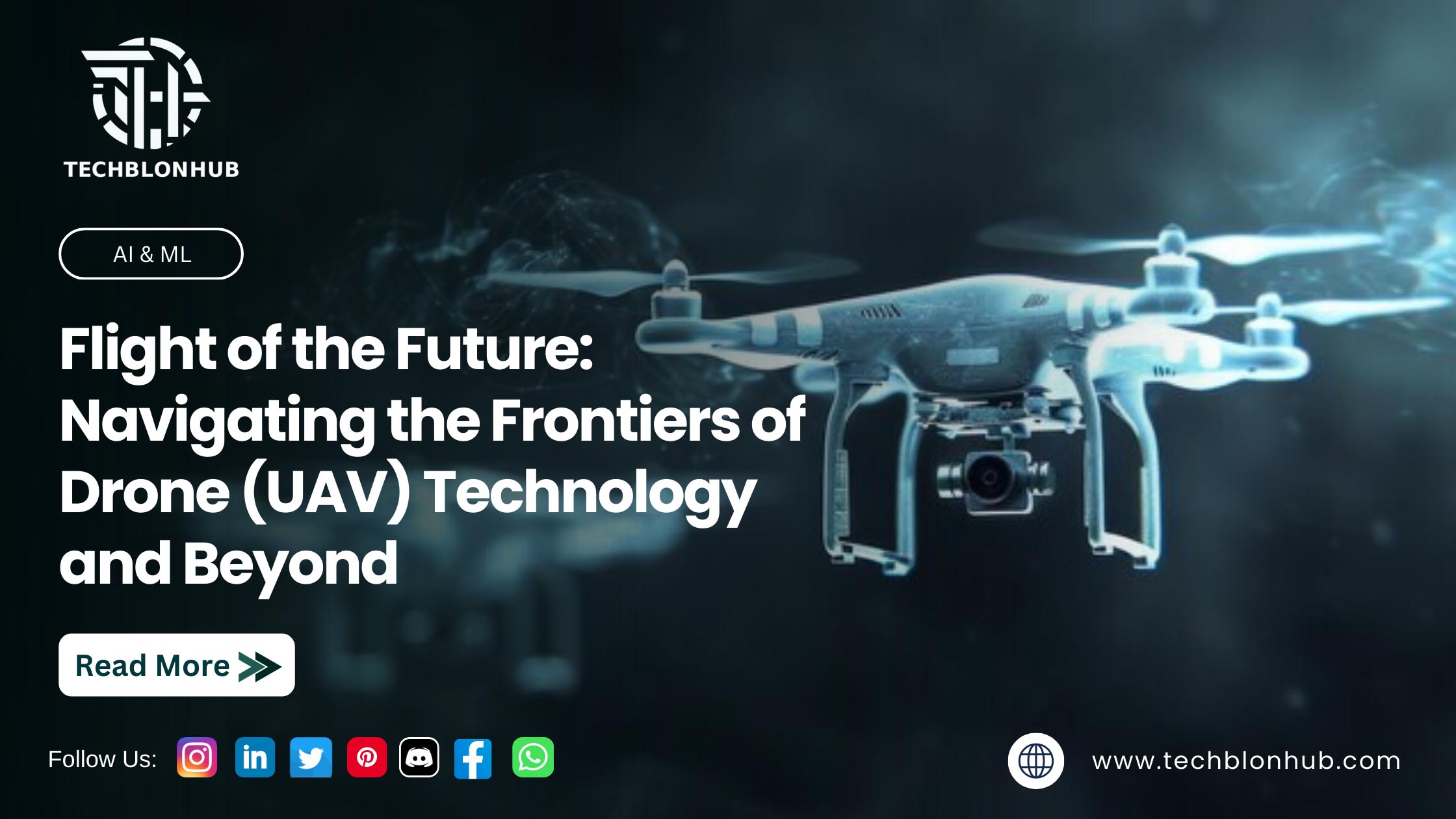The Intersection of AI and the 2024 Physics Nobel Prize
As the 2024 Physics Nobel Prize draws nearer, the world is more energized than ever about what breakthroughs it might recognize. One of the most compelling areas of focus has been the increasingly deepening fusion of artificial intelligence and machine learning impact on the 2024 Physics Nobel Prize with physics-a collaboration that seems to have the potential to revolutionize the field and lead to some of its greatest discoveries and breakthroughs.
AI in Theoretical Physics
AI has emerged as a powerful tool for theoretical physicists. The algorithms associated with machine learning
Researchers are using artificial intelligence to simulate quantum systems that have made phenomena previously intractable accessible to exploration. It accelerates research but gives a far more accurate model of physical systems, giving its discoverers access to potential Nobel discoveries.
Experimental Physics and Data Analysis
In experimental physics, AI plays a crucial role in data collection and analysis. For high-energy physics experiments, the Large Hadron Collider produces petabytes of data, and AI algorithms sift through the same for anomalies or new particles. Perhaps, it will also identify that elusive Higgs boson.
More importantly, it enhances the processing capability to handle real-time data, thus making experiments more efficient, and elevating the chances of a discovery. The fact that physicists continue to push boundaries thought impossible to be crossed even proved AI an ally in translating all these experimental results into meaningful theoretical insights.
Notable Areas of Research
Some of the most notable domains in which AI may impact the 2024 Nobel Prize in Physics are as follows:
- Quantum Computing: AI optimizes quantum algorithms and improves error correction techniques, which forms a precursor to the practical development of a full-fledged quantum computer.
- Astrophysics: Analysis of cosmic data provided by telescopes with the help of AI enables exoplanet detection and studies related to dark matter and dark energy.
- Condensed Matter Physics: Machine learning models are being designed that can predict material properties, so we find new materials with remarkable properties.
- Future Implications
The integration of AI in physics not only enhances research capabilities but also raises philosophical questions about the nature of discovery and creativity in science. As AI systems become more autonomous, discussions about authorship and accountability in scientific research will become increasingly relevant.
As we look forward to the announcements in October 2024, it’s clear that AI is reshaping the landscape of physics. The potential for AI-assisted discoveries could lead to Nobel-worthy achievements that will redefine our understanding of the universe.
WIFI 7devices: What to expect from latest launch
Conclusion
In conclusion, the relationship between AI and physics is not just a passing trend; it signifies a paradigm shift that may well influence the selection of Nobel Prize laureates in the years to come. The synergy of these fields is poised to unlock new frontiers, making the 2024 Physics Nobel Prize an exciting moment to watch.
 TechBlonHub A new digital technology era.
TechBlonHub A new digital technology era.







2 comments
Pingback: Optical Network Terminal (ONT): Essential Guide for Fiber-Optic
Pingback: AI Development: Revolutionizing the Future of Technology